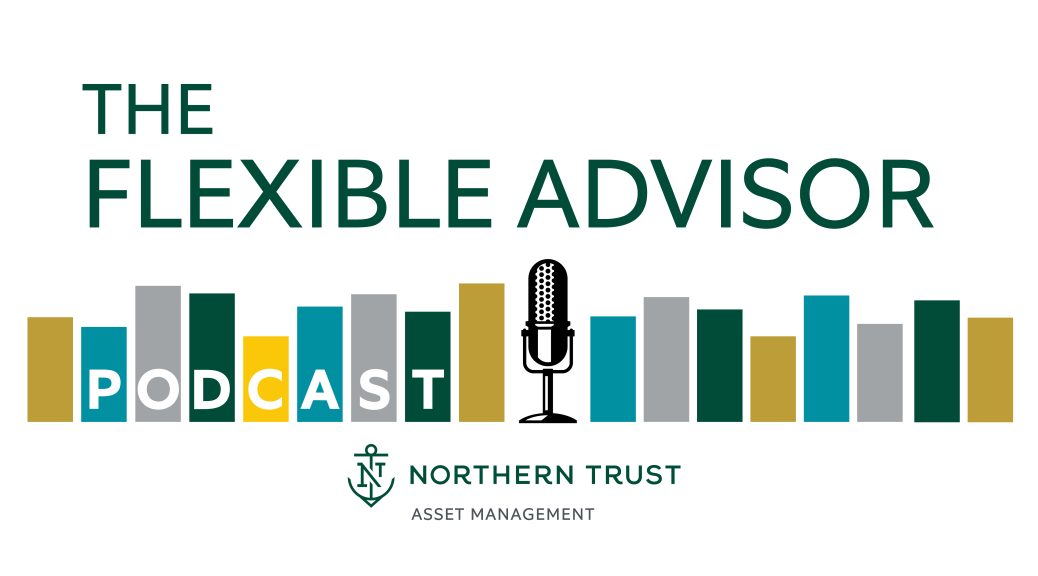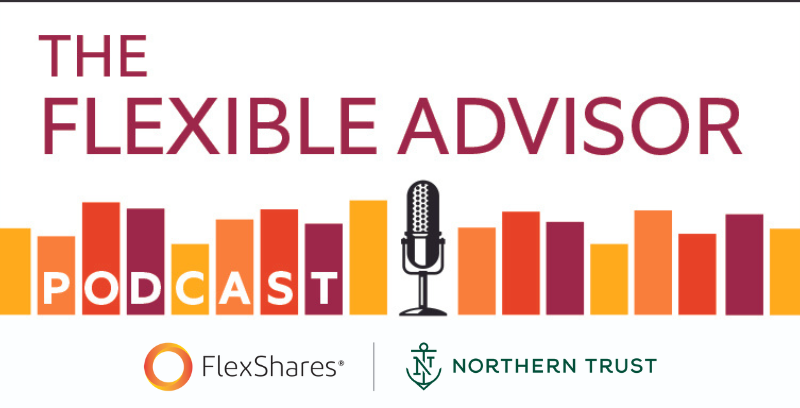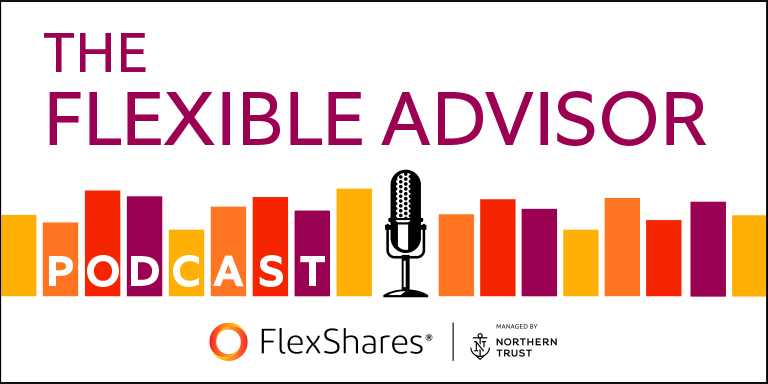
Generative AI in Finance – With Darren Tedesco (Ep. 107)
How can financial advisors embrace generative AI?
Today on The Flexible Advisor, Laura Gregg and David Partain welcome Darren Tedesco, President of Advisor360°, to explore generative AI’s impact on the financial services industry. They talk about how most advisors see AI as an opportunity, not a threat, with the potential to serve more clients efficiently. However, data quality and compliance are significant concerns. Darren highlights AI’s current use in client communication and process automation, and its capacity to aid in making decisions that involve processing large amounts of data.
Darren discusses:
- Overview of Advisor360°, a wealth tech company
- Generative AI’s impact on the financial services industry
- Findings of Advisor360°’s research study on AI
- Current use of AI in client communication and task automation
- The potential of AI to help advisors serve more households
- Challenges and compliance issues in adopting AI for advisors
- And more
Resources:
Connect With Darren Tedesco:
Connect With Laura Gregg:
Connect With David Partain:
About Our Guest:
Darren Tedesco, President, Advisor360°
Darren is one of Advisor360°’s founders and is responsible for guiding the vision of the platform, technology strategy, and company direction. Darren focuses on elevating the customer experience through the application of new technologies to solve client pain points. He has been part of the software development since its inception, bringing together the thinkers, creators, and visionaries that help power our clients’ productivity, profitability, and growth.
Darren began his career at Commonwealth Financial Network in 1994, starting as a member of the finance team and transitioning to the company’s newly formed technology department in 2000 where he became Managing Principal of Innovation and Strategy. He regularly speaks at conferences and is often quoted in industry publications for his FinTech expertise in the financial advisor community. Darren received his MBA from Bryant University and a BS from the University of Connecticut.
Podcast: Play in new window | Download | Embed
Subscribe: Spotify | iHeartRadio | TuneIn | RSS | More

